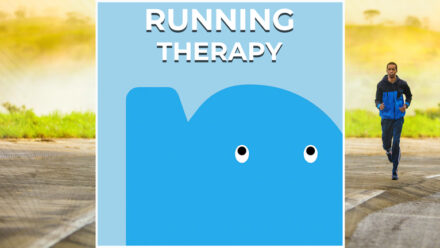
It might sound strange: getting back to work or studies as soon as possible right after psychosis. But nonetheless it does seem to be effective. Having a reason to get out of bed can make a huge difference for your recovery. Especially if this daily activity also gives you joy.
Getting back to work
Are you out of work? Then probably you can get financial support from your government. Your national or local employment agency is probably also willing to help you find a suitable job. Most countries have special regulations for assisting people who have lower employment perspectives due to (mental) illness.
Would you like to do voluntary work? A volunteer centre can help you find your way. Most local governments have one. Search for local volunteer centres in your area and see if they have a fitting activity for you.
IPS – Individual Placement and Support
Another successful method is IPS, developed in the United States. Anyone who would like to have a regular job can enter an IPS programme. Your personal preferences for work or education are at the core, while you and your work environment receive long-term support to help you function.
IPS assumes that everyone who wants to, is able to work at a regular work place with some minimal guidance. Long-term training beforehand (‘train then place’) are not required. First you decide which education or course you would like to do. Then you and your guide will find out what you must do to make it happen. The goal is to get you to work as soon as possible. While working, you get specific training to acquire the necessary skills (‘place then train’).
IPS is part of general treatment, with the assistant being a member of a mental healthcare team. That works best, because the usual separation between mental healthcare and reintegration in the labour market often leads to many coordination problems.
- Read more about IPS on the English website about IPS in the Netherlands.
- Read more about IPS in this blog by prof.dr. Jim van Os.
Get an education
Are you planning on studying, but don’t know which education to choose? Do a study choice test, like this one. You can also get in touch with the dean of a particular educational institute, for more advice on your choice. Many governmental employment departments can also offer a career choice test and advice.




